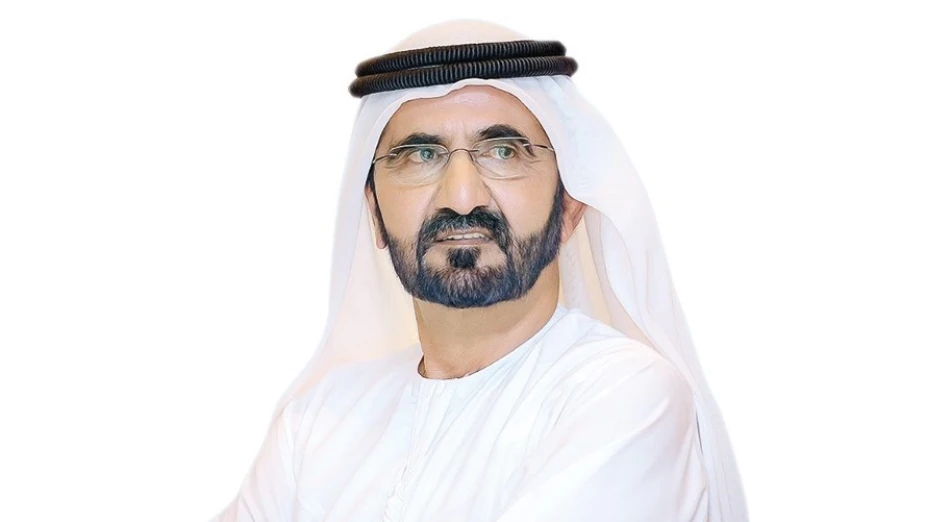
Dubai Appoints Rashid Al Matroushi as Civil Defense Chief, Strengthening Public Safety under Mohammed bin Rashid's Leadership.
Dubai Reshuffles Civil Defense Leadership in Strategic Security Overhaul
Dubai's ruler Sheikh Mohammed bin Rashid Al Maktoum has appointed new leadership for the emirate's civil defense operations, signaling a potential shift in the city-state's approach to emergency preparedness and urban security management. The appointments come as Dubai continues its rapid expansion and positions itself as a global hub for business and tourism.
New Command Structure Takes Shape
Through Decree No. 34 of 2025, Sheikh Mohammed appointed Lieutenant General Rashid Thani Al Matrooshi as the new General Commander of Dubai Civil Defense. Simultaneously, Decision No. 26 of 2025 designated Major General Jamal Aed Al Muhairi as Deputy General Commander. Both appointments took immediate effect upon issuance and will be published in the official gazette.
Strategic Implications for Dubai's Growth
Urban Security in a Megacity Context
The leadership reshuffle reflects Dubai's evolving security priorities as the emirate manages unprecedented urban density and infrastructure complexity. With over 3.5 million residents and millions of annual visitors, Dubai's civil defense operations must coordinate across high-rise districts, industrial zones, and critical infrastructure including the world's busiest international airport.
Regional Security Coordination
The appointments likely strengthen Dubai's integration within the UAE's broader national security framework. As tensions periodically flare in the Gulf region, civil defense capabilities become increasingly important for maintaining the stability that underpins Dubai's economic model.
Economic and Investment Perspective
For international businesses and investors, robust civil defense leadership represents a key component of Dubai's risk management infrastructure. The emirate's ability to respond effectively to emergencies—from natural disasters to security incidents—directly impacts its attractiveness as a regional headquarters location.
Dubai's civil defense modernization mirrors similar efforts in Singapore and Hong Kong, where city-states have invested heavily in emergency preparedness to protect their status as global financial centers. The new leadership will likely oversee continued technology integration and inter-agency coordination improvements.
Looking Forward
The appointments position Dubai to address emerging challenges including climate-related risks, cybersecurity threats to critical infrastructure, and the complex logistics of securing major international events. As Dubai prepares to host Expo 2020's legacy projects and positions for future global gatherings, experienced civil defense leadership becomes increasingly crucial to maintaining the emirate's reputation for safety and stability.
Most Viewed News

 Sara Khaled
Sara Khaled






